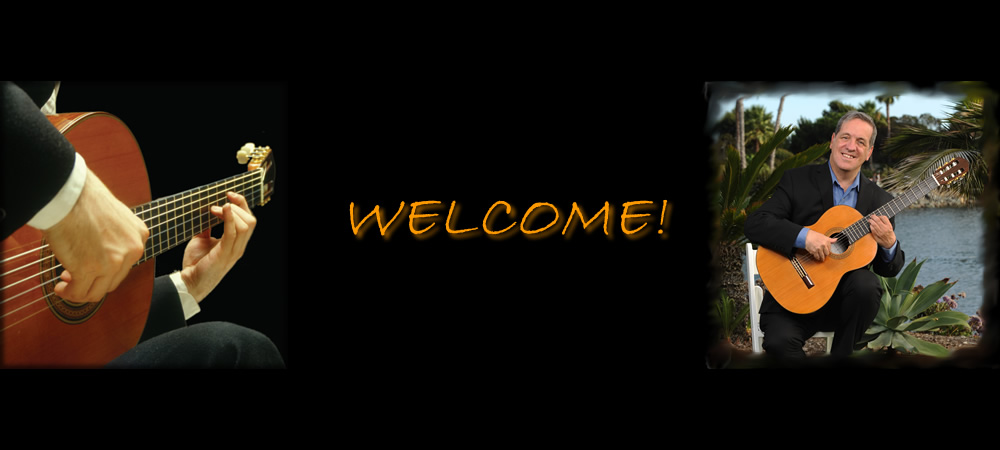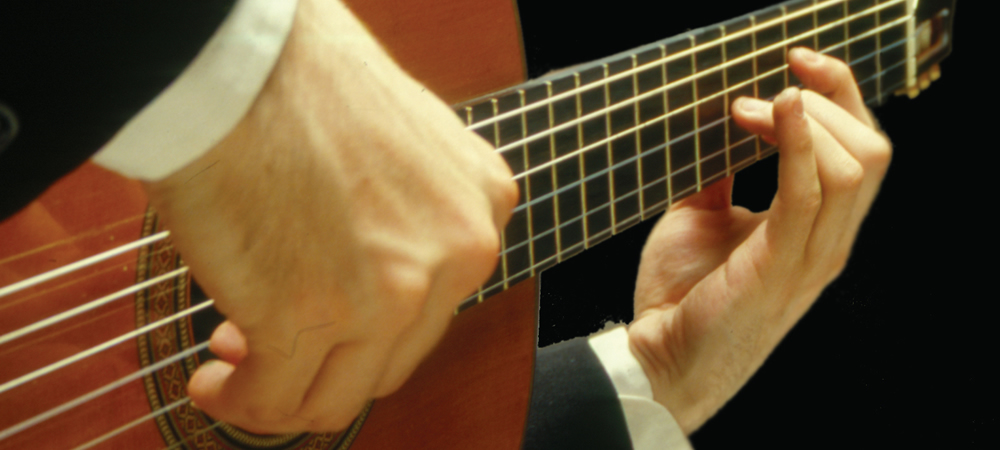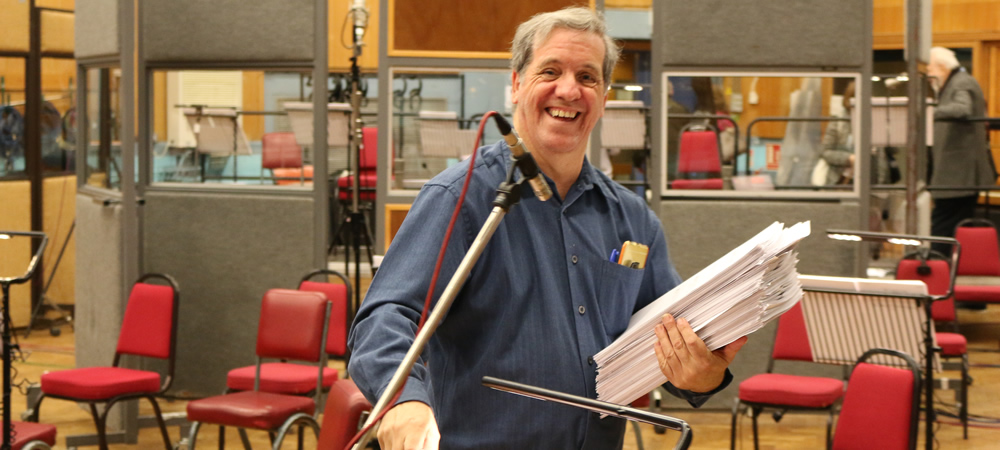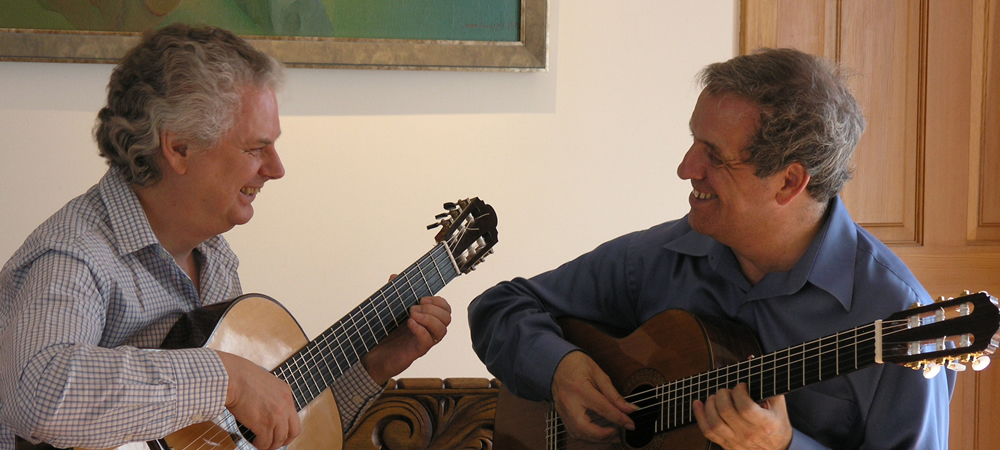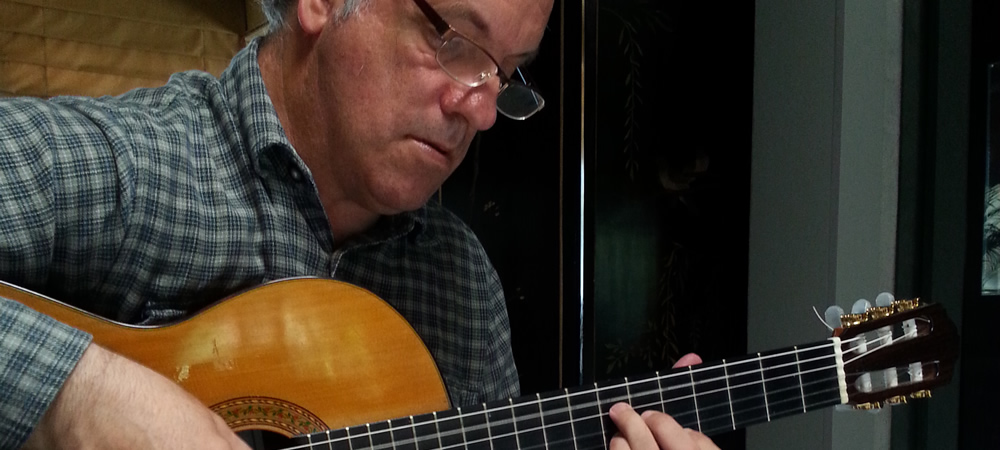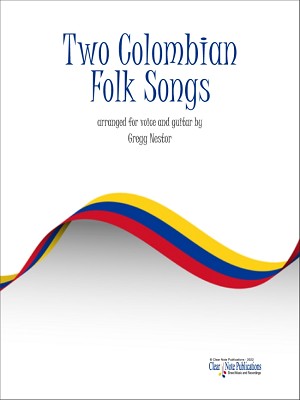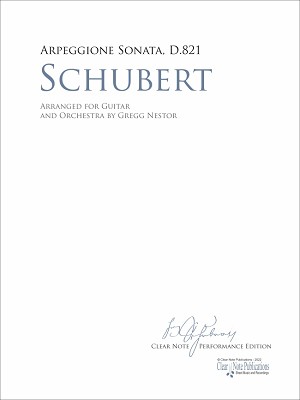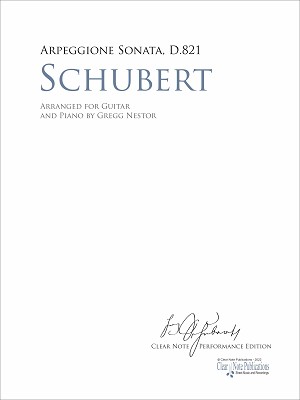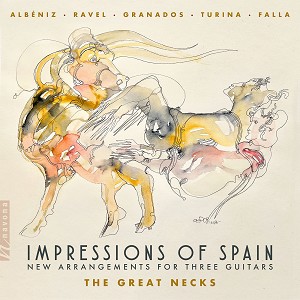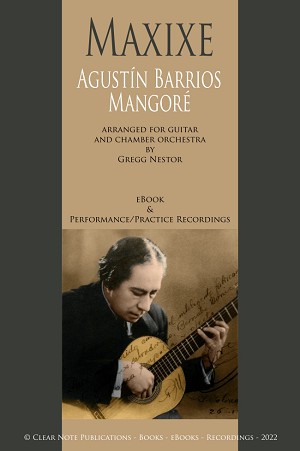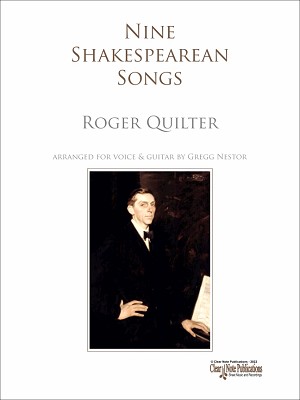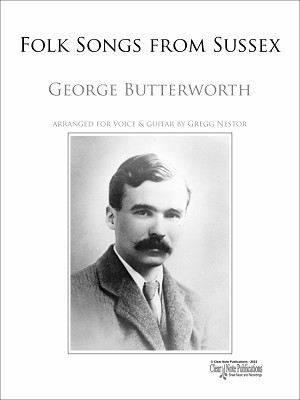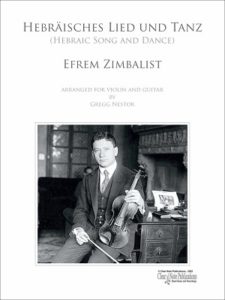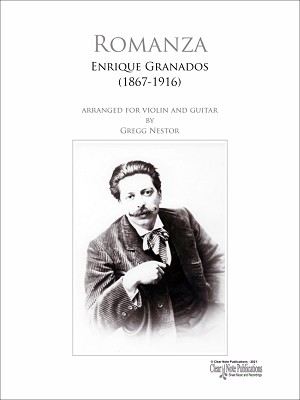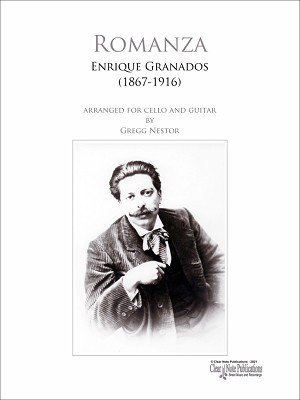The Arnold Song Book Arrangements
Gregg has taken some delightful and well-known songs arranged by Roger Quilter and re-arranged them for the following:
Here are the songs included in this collection. Note that there is one additional song in the voice and guitar arrangement: I Got a Robe (Heav’n, Heav’n)
Selections from the Arnold Book of Old Songs for Voice and Guitar
- Drink To Me Only With Thine Eyes English melody, 18th Century
- Over The Mountains Old English melody
- My Lady Greensleeves Old English melody
- Three Poor Mariners Old English melody
- The Ash Grove Old Welsh melody
- Ca’ The Yowes To The Knowes Old Scottish melody
- Ye Banks And Braes Old Scottish melody
- Believe Me, If All Those Endearing Young Charms Old Irish melody
- Oh! ’Tis Sweet To Think Old Irish melody
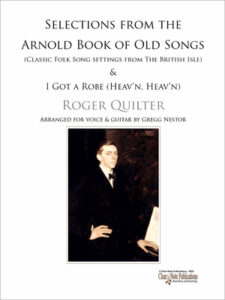
Voice and Guitar
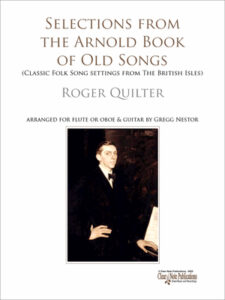
Flute or Oboe and Guitar
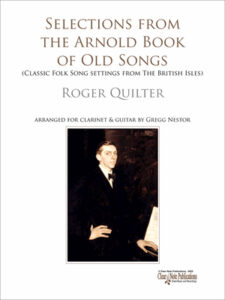
Clarinet and Guitar
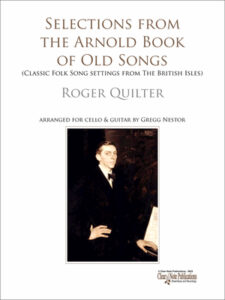
Cello and Guitar
In 1942 Roger Quilter began composing arrangements of folk songs to send to a favorite nephew, Arnold Guy Vivian, who was serving in the military during World War II. A year later Vivian was listed as missing in action, and a memorial service was held for the young man at the end of the war. Quilter was heartbroken over his nephew’s death. The folk song settings intended as a gift instead became a published memorial; hence the title of the collection.
Quilter’s sources for the songs apparently were varied. It is likely that he made subjective choices in the versions of the core melodies and lyrics, sometimes eliminating some verses. The settings of these melodies are not mere harmonization, but fully composed in the spirit of art song for the recital stage.
Gregg Nestor has selected nine of the sixteen settings best suited for adaptation to voice, other instruments and guitar. They can be successfully mixed and matched and presented as short mini-cycles grouped around their nationalistic heritage, or as encore material for recitals.
I GOT A ROBE (HEAV’N, HEAV’N)
This song only appears in the voice and guitar version. Roger Quilter arranged this spiritual for the contralto Marian Anderson, and she included it in her début recital at the Wigmore Hall, London, on June 16, 1928, with Quilter accompanying.
